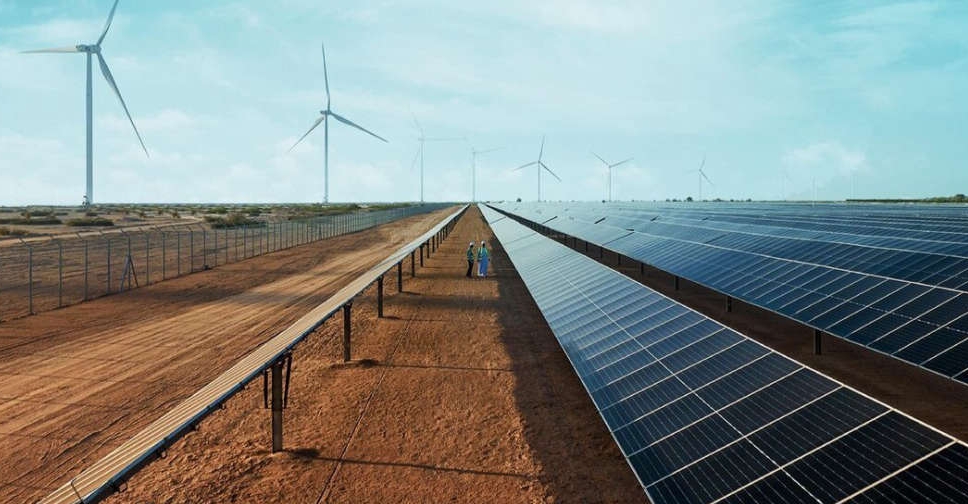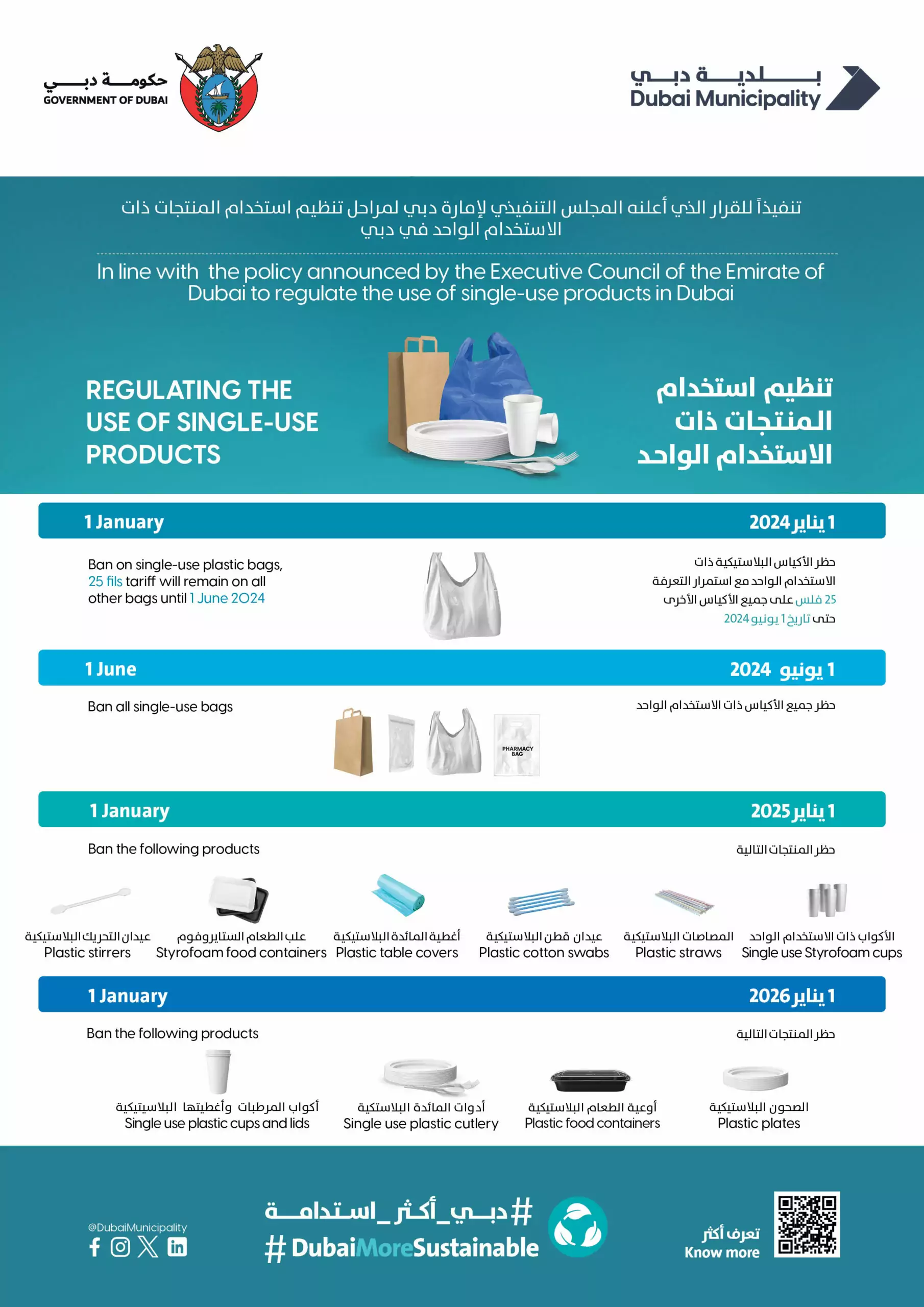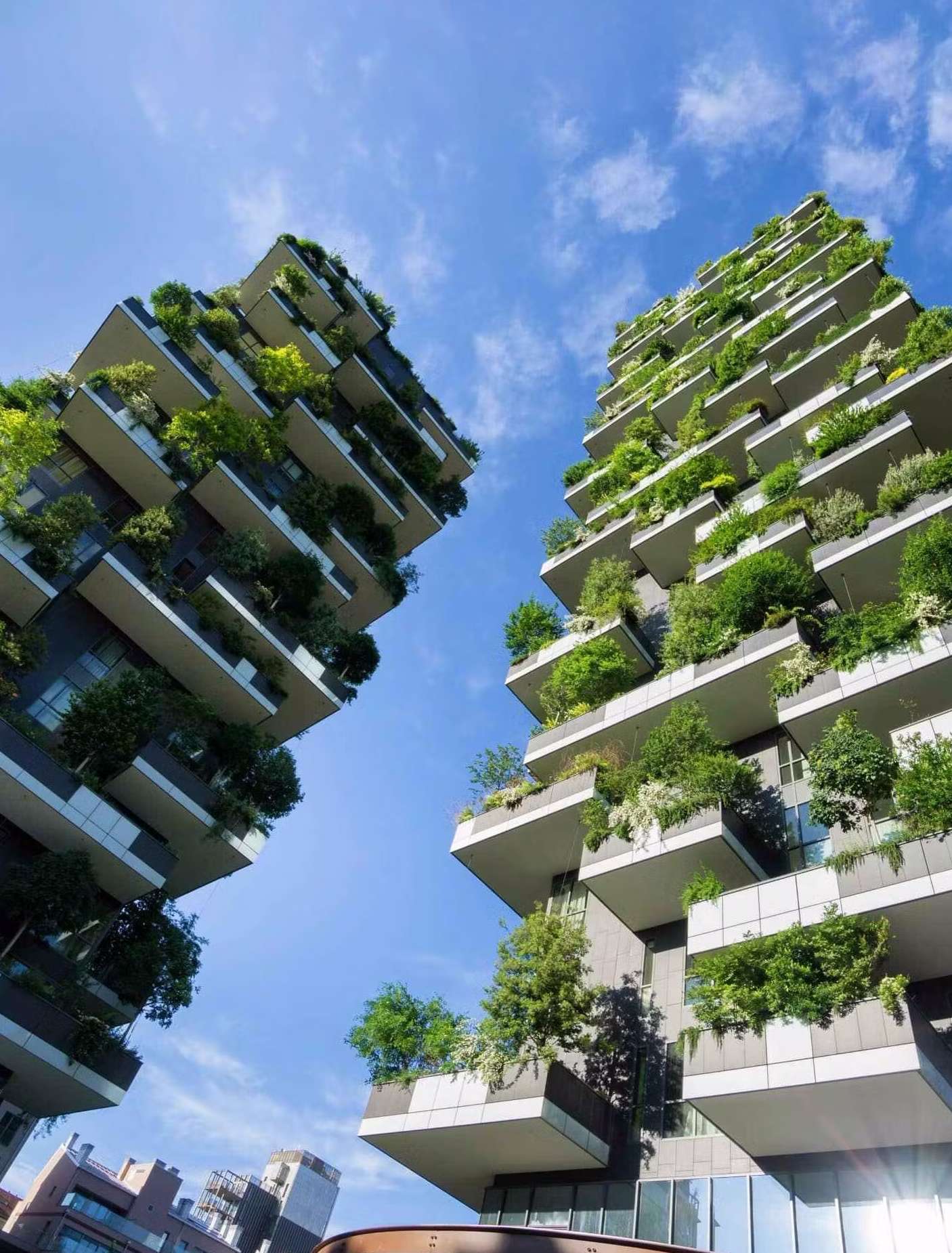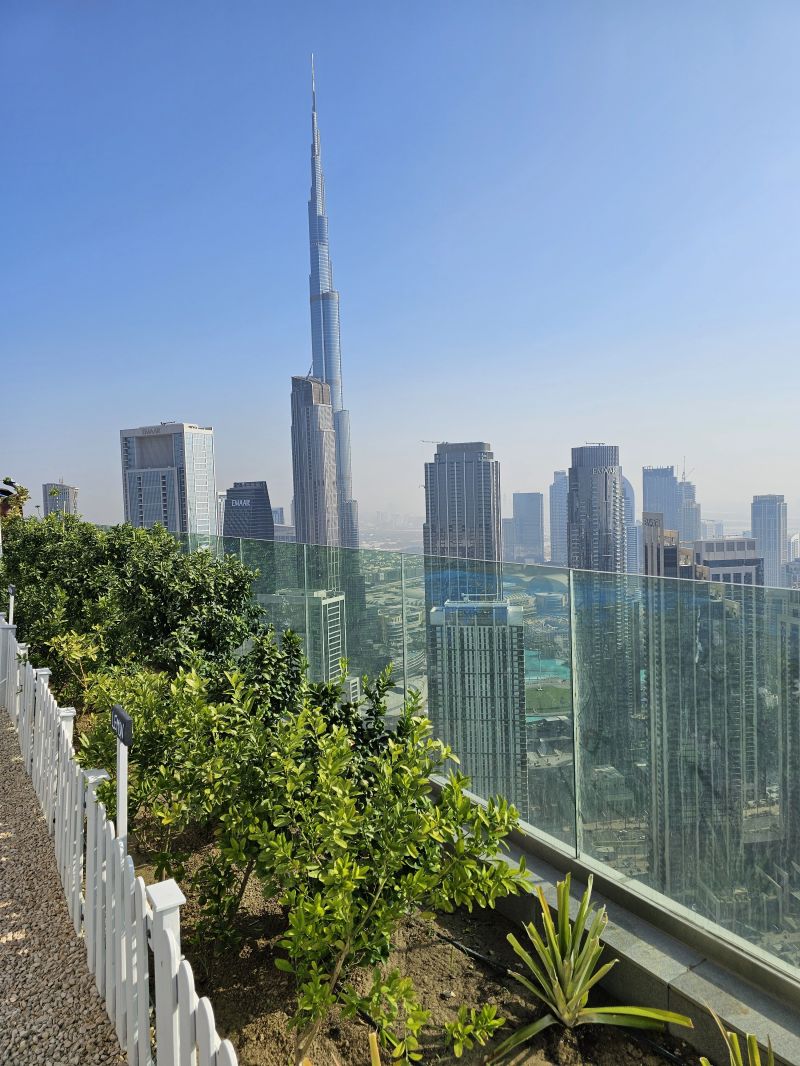As the world marks World Environment Day 2025, the spotlight turns to countries making meaningful strides toward more sustainability in the future. The United Arab Emirates has emerged as a pioneer in environmental action, proving that economic growth and ecological responsibility can go hand in hand.
In this article, we explore the UAE’s key government-led environmental initiatives and what they mean for residents, real estate investors, and the future of green living.
A Vision Rooted in Sustainability: Net Zero by 2050
In 2021, the UAE became the first country in the Middle East to commit to achieving net-zero emissions by 2050. This bold move aligns the nation with global climate goals and sets a roadmap for every industry—from energy and infrastructure to construction and transport—to decarbonize over the next 25 years.
Key pillars of the Net Zero Strategy:
-
Scaling up renewable energy and clean technologies
-
Promoting energy-efficient buildings
-
Investing in low-emission transport systems
-
Enhancing climate resilience and carbon capture solutions
For real estate, this means more demand for eco-certified buildings, solar-powered homes, and developments that reduce water and energy consumption.
Global Climate Leadership: COP28 & the UAE Consensus
The UAE hosted COP28 in 2023, a pivotal moment for the global climate community. The event culminated in what’s now known as the UAE Consensus—a landmark agreement that united over 190 countries around aggressive climate goals.
Highlights of the UAE Consensus:
-
Commitment to tripling global renewable energy capacity by 2030
-
Launch of a $30 billion climate investment fund, backed by the UAE and global partners
-
Strong emphasis on climate finance, adaptation, and loss and damage support for vulnerable nations
By taking the lead on the international stage, the UAE has signaled its commitment not only to national sustainability but also to global climate equity.
Investing in Clean Energy Infrastructure Sustainability
The UAE has invested billions in renewable and clean energy—and the results are visible.
-
Mohammed bin Rashid Al Maktoum Solar Park in Dubai is one of the world’s largest single-site solar energy projects, with a target capacity of 5,000 MW by 2030.
-
Barakah Nuclear Energy Plant is the Arab world’s first nuclear power station, contributing clean, carbon-free electricity to the grid.
-
Masdar, the UAE’s clean energy pioneer, continues to expand its global footprint in wind, solar, and hydrogen investments.
These massive energy projects pave the way for zero-emission cities, smart communities, and a thriving green economy.

Masdar City:
A Model for Sustainability in Urban Development
Located in Abu Dhabi, Masdar City is a globally recognized hub for innovation in sustainability. Designed to be a net-zero city, it features:
-
Buildings with LEED and Estidama certifications
-
Smart energy grids and electric mobility options
-
Integrated water recycling and waste management systems
-
Green spaces and passive cooling for urban comfort
It’s not just a city; it’s a living lab demonstrating what future urbanism could look like.
Green Building Standards Across the United Arab Emirates
The UAE government has made green building regulations mandatory in key emirates like Dubai and Abu Dhabi. These codes govern everything from energy performance and insulation to indoor air quality and water use.
Examples include:
-
Dubai Green Building Regulations and Specifications
-
Estidama Pearl Rating System (Abu Dhabi)
-
Sharjah Sustainable City Standards
For investors and developers, this means a competitive edge for projects that meet or exceed these sustainability standards.
Say Goodbye to Plastic: UAE’s Ban on Single-Use Plastics
In a groundbreaking move, the UAE banned single-use plastic bags starting January 1, 2024, with a plan to phase out more plastic products by 2026.
This effort reflects a broader push for:
-
Circular economy principles
-
Waste diversion and material reuse
-
Eco-conscious consumer behavior
Real estate communities are encouraged to adopt waste reduction programs, promote recycling, and integrate sustainable packaging practices in hospitality and retail areas.

Sustainability in Agriculture and Food Security
In partnership with the U.S., the UAE co-led the Agriculture Innovation Mission for Climate (AIM for Climate), now mobilizing over $29.2 billion to support sustainable food systems worldwide.
Locally, the government is investing in:
-
Vertical farms and hydroponic technology
-
Desert agriculture using saline water
-
Urban farming and rooftop gardens
These projects not only contribute to food security but also present opportunities for agritourism, eco-communities, and self-sustaining residential developments.
What This Means for Investors and Developers
The UAE’s environmental vision is not just about regulation—it’s about opportunity.
Investors are already seeing value appreciation in properties that:
-
Are part of sustainable masterplans
-
Use green construction materials
-
Offer energy savings and smart home tech
-
Qualify for government incentives or golden visa programs
Expert Bridge is at the forefront of this shift, offering curated real estate listings that meet the highest environmental standards. Whether you’re looking for a home in The Sustainable City, an apartment near Masdar, or a commercial unit with green certification, we can help you make a future-proof investment.

Final Thoughts: Leading by Example

The UAE is proving that environmental responsibility and economic leadership can go hand in hand. Through bold vision, strategic investments, and public-private collaboration, it’s setting a new global benchmark for climate action.
At Expert Bridge, we believe that sustainability is more than a trend—it’s the foundation of tomorrow’s real estate. This World Environment Day, we renew our commitment to helping people discover properties that are better for them and better for the planet.
Ready to explore green investment opportunities in Dubai?
Contact our team today for a curated list of eco-certified properties.
Frequently Asked Questions (FAQ)
1. What is the UAE doing for the environment in 2025?
In 2025, the UAE is actively advancing its Net Zero by 2050 Strategy, expanding solar and nuclear energy projects, implementing green building regulations, and enforcing a nationwide ban on single-use plastics. The country is also investing heavily in climate finance, smart cities, and sustainable agriculture.
2. What is the UAE’s Net Zero by 2050 Initiative?
The Net Zero by 2050 Strategic Initiative is the UAE’s national plan to achieve zero net emissions by mid-century. It includes reducing dependence on fossil fuels, boosting renewable energy, improving energy efficiency, and integrating sustainable practices across sectors like construction, transportation, and industry.
3. What is the UAE Consensus from COP28?
The UAE Consensus is a global climate agreement that emerged from COP28 hosted in Dubai. It includes:
-
Tripling global renewable energy capacity by 2030
-
Launching a $30 billion climate investment fund
-
Boosting climate adaptation and resilience efforts
-
Scaling sustainable finance for developing countries
4. What role does Masdar City play in sustainability?
Masdar City in Abu Dhabi is one of the world’s most advanced eco-cities. It integrates renewable energy, passive cooling, low-carbon architecture, smart mobility, and zero-waste goals. It serves as a global model for sustainable urban planning and innovation.
5. What are green building regulations in the UAE?
The UAE has implemented several mandatory green building frameworks:
-
Dubai Green Building Regulations and Specifications
-
Abu Dhabi’s Estidama Pearl Rating System
-
Sharjah Sustainable Building Code
These regulations ensure that new buildings are energy-efficient, water-saving, and environmentally responsible.
6. How is renewable energy being used in the UAE sustainability?
The UAE is a regional leader in renewable energy. Major initiatives include:
-
Mohammed bin Rashid Al Maktoum Solar Park
-
Barakah Nuclear Energy Plant
-
Masdar’s international clean energy investments
The goal is to produce 50% of the country’s energy from clean sources by 2050.
7. What plastic items are banned in the UAE?
As of January 1, 2024, the UAE banned single-use plastic bags, with further plans to phase out items like plastic cups, straws, cutlery, and containers by 2026. The move is part of a broader circular economy strategy.
8. What is the UAE doing to promote sustainablility in agriculture?
The UAE supports modern farming techniques such as:
-
Vertical farming and hydroponics
-
Water-saving desert agriculture
-
Food-tech innovation and investment through AIM for Climate
These efforts are vital for food security and reducing the environmental footprint of food production.
9. Is investing in sustainability based real estate in the UAE a good idea?
Absolutely. Sustainable properties in the UAE:
-
Offer lower energy and water bills
-
Appeal to eco-conscious tenants and buyers
-
Often qualify for green mortgages or golden visas
-
Enjoy increasing resale value and long-term ROI
10. How can I find eco-friendly properties in Dubai?
At Expert Bridge, we specialize in real estate that aligns with Dubai’s sustainability goals. We list properties in areas like The Sustainable City, Masdar, Dubai Hills Estate, and other communities focused on green living. Contact us to get a curated list of available units.

